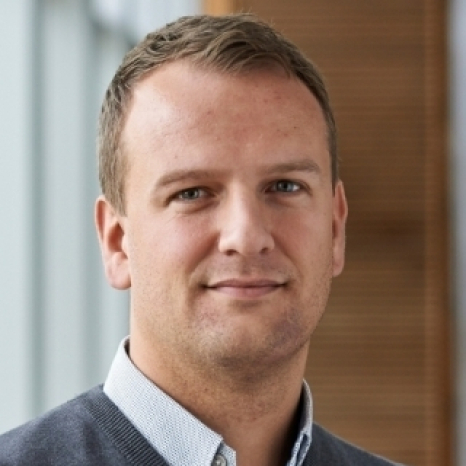RESEARCH PROFILE
Main research areas
Research focus areas are thematically focused and established areas that illustrate the university’s research profile and demonstrate the university’s specific expertise in solving societal challenges. Researchers from different disciplines come together under the umbrella of a research focus to work on interdisciplinary issues. For a research focus to be included in the research map of the German Rectors’ Conference, it must meet certain criteria in terms of third-party funding and publication figures.
Coburg University of Applied Sciences is represented on the research map of the German Rectors’ Conference with three key research areas:
The three main areas of research
One Health
The focus of “One Health” is on researching and promoting health, taking into account the interaction with ecosystems. Biological, psychological, informatics and environmental chemistry methods enable the development of innovative approaches to answer health and environment-related questions. Spokesperson: Prof. Dr. Stefan Kalkhof
Smart Sensing, Automation and Analytics
The research focus “Smart Sensing, Automation and Analytics” deals with the development and implementation of intelligent sensors and the processing, analysis and communication of sensor data. Fields of application can be found, for example, in industrial automation, autonomous driving and robotics. Spokesperson: Prof. Dr. Klaus-Stefan Drese
Sustainable mobility and energy concepts
The focus area “Sustainable mobility and energy concepts” deals with fuel research, energy management for hybrid powertrains and mechatronic motion systems in vehicles, among other things. In the field of energy, the focus is on the generation, storage, transportation, distribution and efficient use of energy. Spokesperson: Prof. Dr. Michael Rossner
Interdisciplinary cooperation in other fields of research
In addition to the main research areas, researchers at Coburg University of Applied Sciences work together on an interdisciplinary basis in the following research fields:
Building and design
The research field “Building and Design” deals with the design of future living spaces and the role of architecture, civil engineering and design in relation to social, economic and ecological sustainability. Innovative solutions are developed for a resource-conserving and climate-friendly future.
Information technologies and artificial intelligence
Information technology (IT) has been a cross-sectional technology for years, affecting all areas of business and organization in the professional environment, but also increasingly influencing the private environment and thus growing unchecked. Coburg University of Applied Sciences is working on numerous IT research and development projects, particularly in the field of artificial intelligence (AI). The scientists are involved in the development of innovative application-oriented solutions, but are also on the trail of research into fundamental correlations. Here they research and develop with partners from industry and business. More information on the research field “Information Technology and Artificial Intelligence” can be found here.
Connect4Transformation: Education and social transformation
Based on inter- and transdisciplinary research approaches, concepts and potentials of education, sustainability, culture and health are researched with the aim of contributing to social transformation and eco-social justice.
Find out more about socio-ecological transformation.
Research professorships - strengthening research activities
List of research professorships at Coburg University of Applied Sciences
- Dr. Marco Denk
Electrical and thermal energy management of electrically powered vehicles - Dr. Klaus Stefan Drese
Microfluidics, sensor and measurement technology, microsystems technology - Dr. Jens Grubert
Human-machine interaction in the Internet of Things - Dr. Markus Jakob
Motor fuels, combustion and combustion processes - Dr. Stefan Kalkhof
Hazard potential of chemicals - Dr. Mirko Kraft
Insurance supervision, controlling and risk management in insurance companies - Dr. Dieter Landes
Artificial intelligence and data stream mining - Dr. Jochen L. Leidner
Explainable and responsible artificial intelligence in the insurance industry - Dr. Karin Meißner
Placebo and nocebo effects, doctor-patient communication, complementary medicine - Dr. Veit Müller
Intelligent robotics and automation - Dr. Matthias Noll
Microbiology in bioanalytics - Dr. Michael Sammeth
Bioinformatics and genomics, development of new neural network topologies for genes, blockchains, continuous recording of well-being using trackers/IoT sensors, phenotyping in humans - Dr. Andrea Schmelz
International social work, socio-ecological transformation, education and culture, disaster research - Dr. Stefan Simm
Applied bioinformatics and explainable AI models - Dr. Thorsten Uphues
Applied AI, sensor and measurement technology, spectroscopic methods - Dr. Christian Weindl
Intelligent energy and charging systems, electrical energy storage, grid and equipment diagnostics



